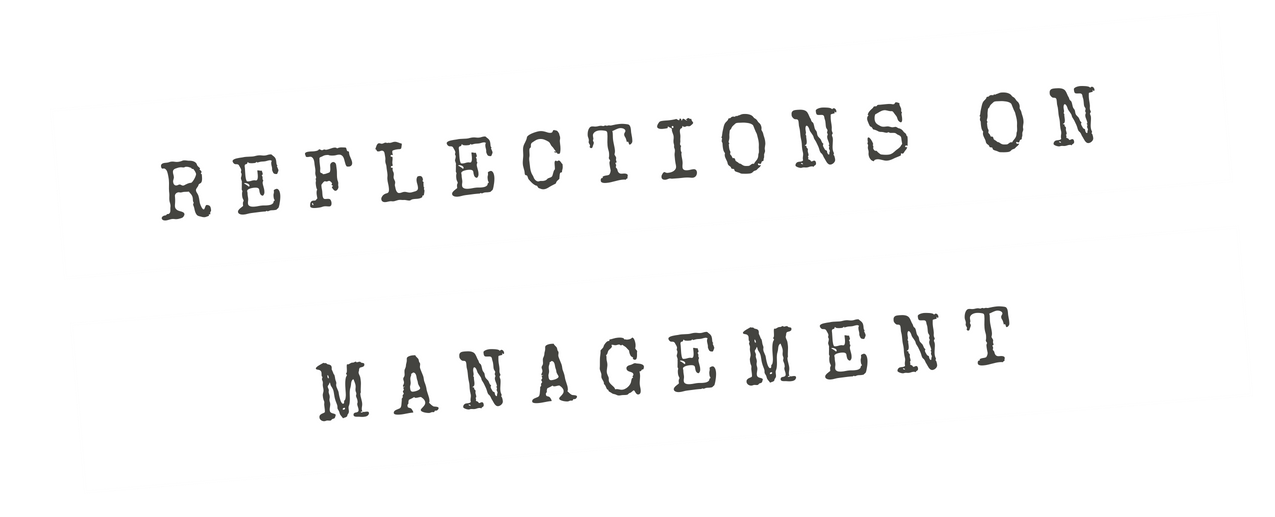There’s a number of social issues we can we can put on the table … so long as the [values] of fairness, equality, justice are considered to be the aim.
Season 6, Episode 5 — Click here to download the transcript
In Parts 1-4, I presented what may seem like an overwhelming challenge – getting our arms around the full ‘system’ behind the social contract – one that provides a seemingly infinite variety of ways to unfairly or unjustly differentiate people whether in societies or organizations. The systems of competition, information, power – all seem to be intangible or out of reach. But they aren’t. To resolve and effectively renegotiate the social contract, we need to find common ground. And in my mind, it exists – but we have to first change the way we react to something we strongly disagree with. That begins with finding a language that sustains our emotional commitment to what we believe but opens the door to shared interests with those we otherwise disagree with.
I open this episode with a thought that we have to take more of a principled approach to dealing with issues as I believe our results-orientation lends itself to intensifying struggles of power and competition rather than alleviating them. There is a lot we can do to find common ground if we can focus our discussion on a common language. Terms like justice, equality, and fairness are ones that many people can latch on to even if they define them differently. For example, what is ‘just’ for a collective to provide to its members? Some would say that the collective should provide ‘more’ in the ways of services or goods or benefits. Others would say that the collective should provide ‘less’ and afford individuals greater autonomy. I will use drivers’ licensing in this episode as a way of explaining what justice, equality, and fairness could mean that provide a start point for comparing values, and I’ll use the relatively noncontroversial example of drivers’ licensing to demonstrate what is just (appropriate to be provided), equitable (that all eligible have same access to the service), and fair (that the experience of the service is the same and there is no corruption or bribery involved). Full adherence constitutes the ideal behavior of the collective toward its members — which of course is very difficult even for drivers’ licenses but we try. I believe the same approach could help with tougher issues that dominate the media today.
Works Referenced:
Haidt, J. (2012). The righteous mind: Why good people are divided by politics and religion. Vintage.
Also Pennsylvania Department of Transportation, Driver’s Licensing page (www.dmv.pa.gov)


